Study finds the wettability of porous electrode surfaces is key to making efficient water-splitting or carbon-capturing systems
Green Car Congress
MARCH 27, 2021
As water-splitting technologies improve, often using porous electrode materials to provide greater surface areas for electrochemical reactions, their efficiency is often limited by the formation of bubbles that can block or clog the reactive surfaces. As a result, there were substantial changes of the transport overpotential.

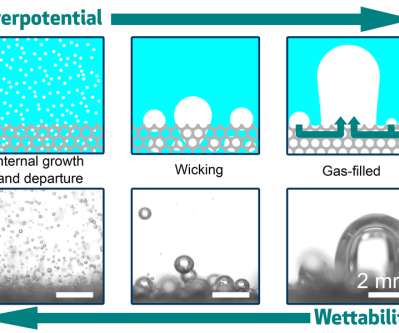
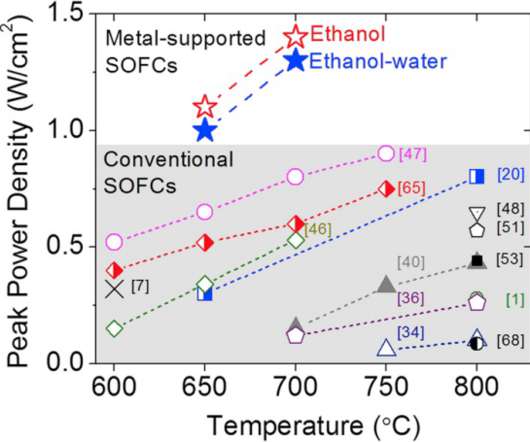




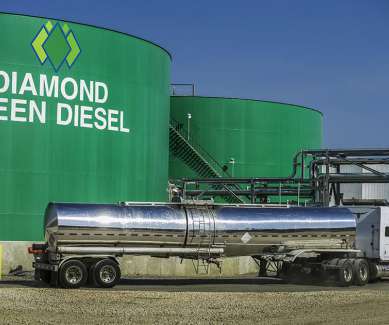

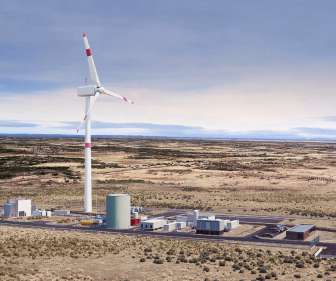


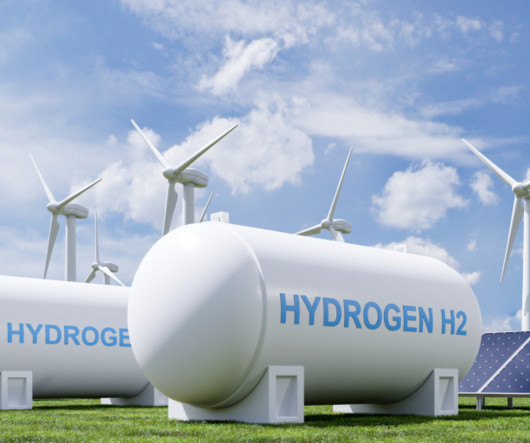
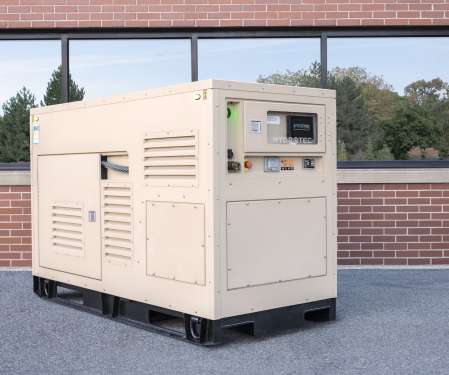



















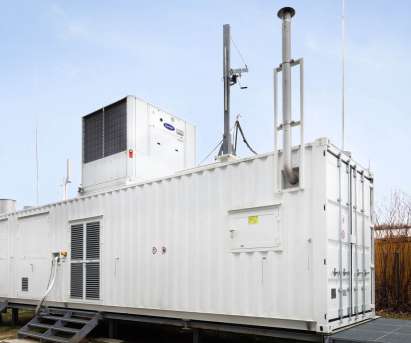

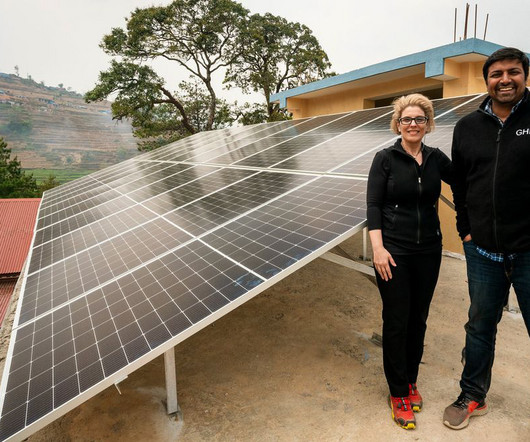






Let's personalize your content